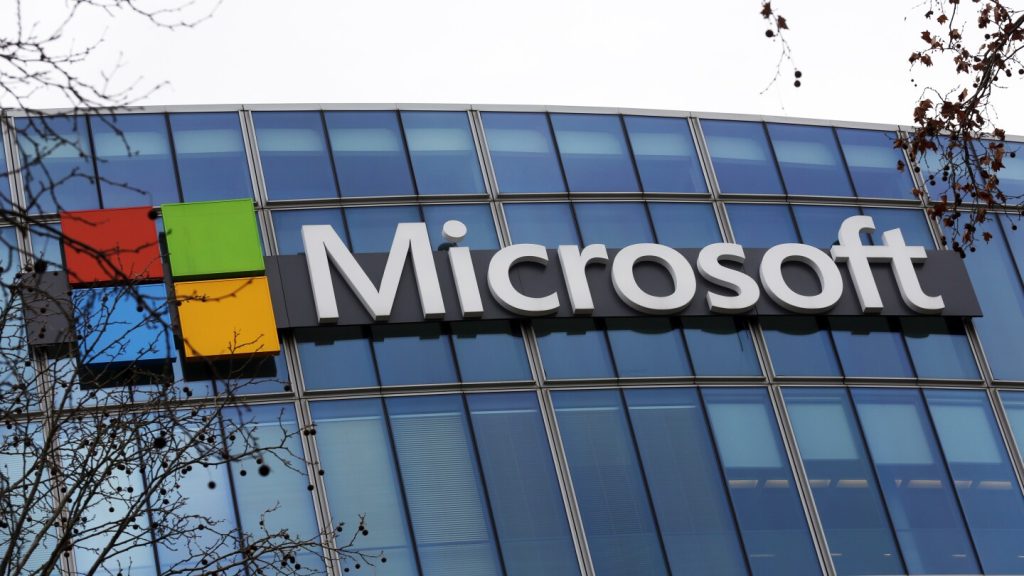As of this week, Microsoft has announced that it will no longer bundle its Teams videoconferencing app with its Office software, following antitrust scrutiny from regulators. Customers purchasing Office subscriptions will now have to buy Teams separately, a move that follows a similar separation in Europe last year. The European Union’s executive commission launched a formal investigation after a complaint from Slack Technologies, alleging that Microsoft’s bundling of Teams with Office gave the company an unfair advantage in the market. Slack, owned by Salesforce, accused Microsoft of using its market dominance to eliminate competition in violation of EU laws.
The decision to sell Teams and Office separately comes as a response to concerns raised by regulators about Microsoft’s competitive practices. By offering Teams as a standalone product, Microsoft aims to address allegations of anticompetitive behavior and maintain a level playing field in the market. The move also signals a shift in the tech giant’s strategy, as it navigates increased scrutiny from authorities around the world. Microsoft’s decision to separate its products highlights the growing importance of compliance with antitrust laws in the technology sector, where dominant players are closely monitored for any signs of unfair advantage.
For Microsoft, this change in packaging strategy represents a significant shift in how it markets its Office suite and associated products. Teams has become a key tool for remote collaboration and communication, especially in light of the shift to remote work during the COVID-19 pandemic. By offering Teams separately from Office, Microsoft is signaling its commitment to addressing concerns about competition and ensuring a fair marketplace for all players. The move is seen as a proactive step in response to antitrust scrutiny and demonstrates Microsoft’s willingness to adapt its business practices to comply with regulatory requirements.
The separation of Teams from Office is expected to have far-reaching implications for Microsoft and its competitors in the workplace collaboration software space. By selling Teams as a standalone product, Microsoft may open up new opportunities for competitors to gain market share and offer alternative solutions to customers. Additionally, the move could lead to greater innovation and competition in the industry, as companies vie for a larger share of the market. As the tech giant navigates the changing landscape of antitrust regulation, its decision to separate Teams from Office reflects a broader trend of increased regulatory oversight in the tech sector.
In response to the decision to stop bundling Teams with Office, Microsoft has emphasized its commitment to compliance with antitrust laws and regulations. The company has stated that it will continue to work with regulators to address any concerns and ensure a fair marketplace for all players. By selling Teams separately from Office, Microsoft is taking a proactive approach to regulatory scrutiny and signaling its willingness to adapt its business practices in accordance with legal requirements. The tech giant’s decision reflects a broader trend of increased regulatory pressure on dominant players in the tech sector.
Overall, Microsoft’s move to separate Teams from Office represents a strategic shift in response to antitrust scrutiny and regulatory concerns. By offering Teams as a standalone product, the company aims to address allegations of anticompetitive behavior and ensure a level playing field in the market. The decision is expected to have ripple effects across the industry, impacting competition and innovation in the workplace collaboration software space. As Microsoft navigates the evolving landscape of antitrust regulation, its decision to sell Teams separately from Office underscores the importance of compliance with regulatory requirements in the tech sector.


